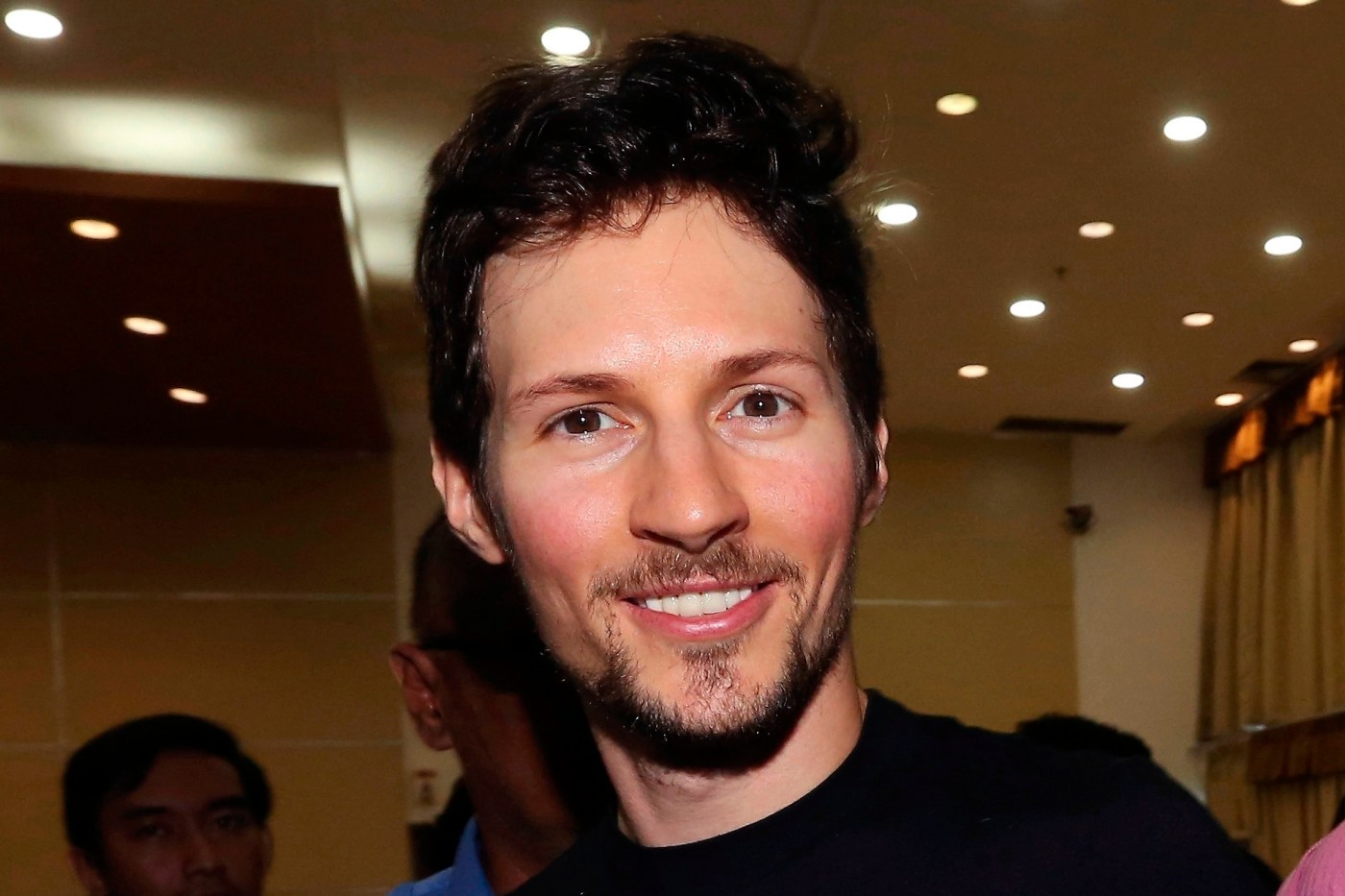
Zeynep Tufekci: Don’t call the Telegram CEO’s arrest a free-speech infringement — yet
The detention in France of Pavel Durov, founder and CEO of the messaging app Telegram, has sparked a loud outcry about free speech. Elon Musk has portrayed the arrest on his X account as an ominous threat to free speech, and Robert F. Kennedy Jr. referred to the app as an “encrypted, uncensored” platform and said “the need to protect free speech has never been more urgent.”
It’s a curious case, and the French government hasn’t helped matters by releasing information in dribs and drabs. While it is possible that there are free-speech issues entangled here, some early details suggest the issue may be one of criminal activity.
On Monday, the French prosecutor said in a statement that Durov — who is a citizen of France, Russia, St. Kitts and Nevis and the United Arab Emirates — was being held for questioning in connection with an investigation into criminal activities on the app, including the trading of child sexual abuse material as well as drug trafficking, fraud and money laundering. Notably, Telegram explicitly boasts that it has never disclosed user data to any government, ever.
Questions have long swirled around Telegram. Contrary to widespread belief, Telegram is not encrypted in any meaningful sense. That would be “end to end” encryption, so that even the company couldn’t read users’ messages. Telegram — and anyone it chooses — can read all group chats, and there is no way to fully encrypt them. Those very large groups are the main attraction of the platform.
Related Articles
Serge Schmemann: Putin is getting rattled
Ivan Eland: Solutions to the Supreme Court’s presidential immunity disaster
Sunday Bulletin Board: A box in the closet reveals a world gone, but not forgotten
Chad Kulas: The potential of St. Paul’s Midway soars
Galvao, Klutsey: Teaching civil discourse — a classroom blueprint for America
Private chats on Telegram also lack end-to-end encryption by default. Here, though, users can undergo an onerous process to turn on end-to-end encryption, which then applies only to that conversation. Even the protection provided to private chats is murky: Cryptography experts have long questioned whether Telegram’s limited encryption actually meets security standards.
Durov was born in Russia, where Telegram is used widely. The Kremlin has Durov’s back: It issued a statement that unless more evidence is provided, Durov’s detention may be “a direct attempt to limit freedom of communication.” Russian anti-war activists have long wondered how the Kremlin seems to know so much about their activities on Telegram. (Good question.)
Free speech is an important value, but protecting it does not mean absolving anyone of responsibility for all criminal activity. Ironically, Telegram’s shortage of end-to-end encryption means the company is likely to be more liable simply because CAN see the criminal activity happening on its platform. If, for example, Telegram did not cooperate with authorities at all after receiving legal warrants for information about criminal activities, that would mean trouble even in the United States, with its sweeping free speech protections.
Zeynep Tufekci writes for the New York Times.
Related Articles
Serge Schmemann: Putin is getting rattled
Ivan Eland: Solutions to the Supreme Court’s presidential immunity disaster
Sunday Bulletin Board: A box in the closet reveals a world gone, but not forgotten
Chad Kulas: The potential of St. Paul’s Midway soars
Galvao, Klutsey: Teaching civil discourse — a classroom blueprint for America


